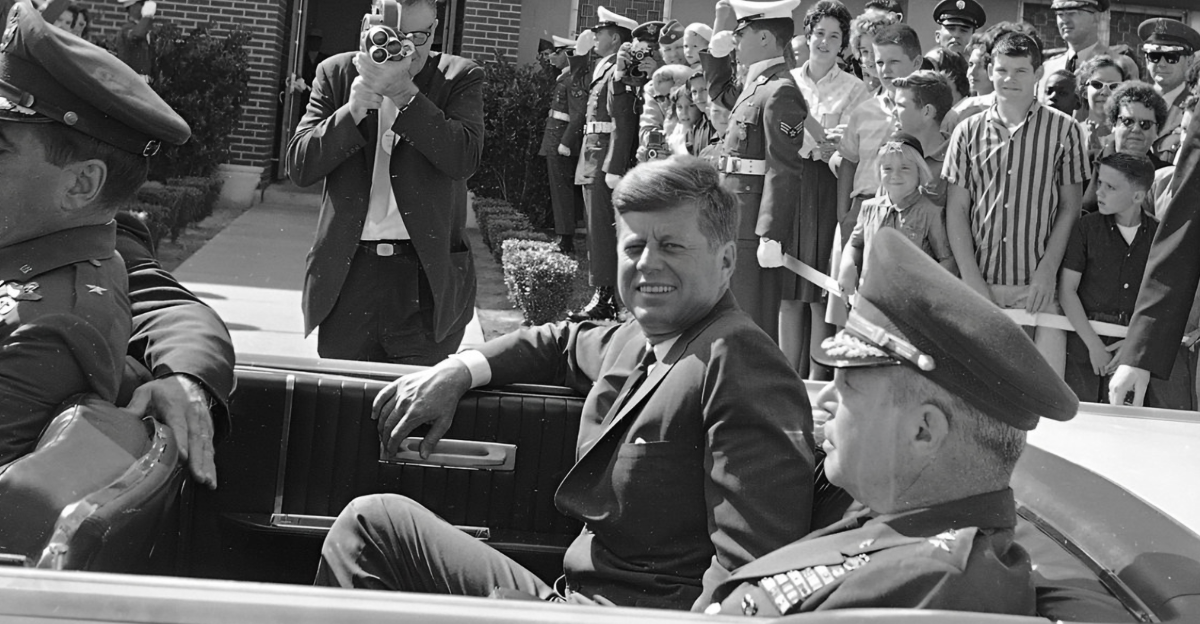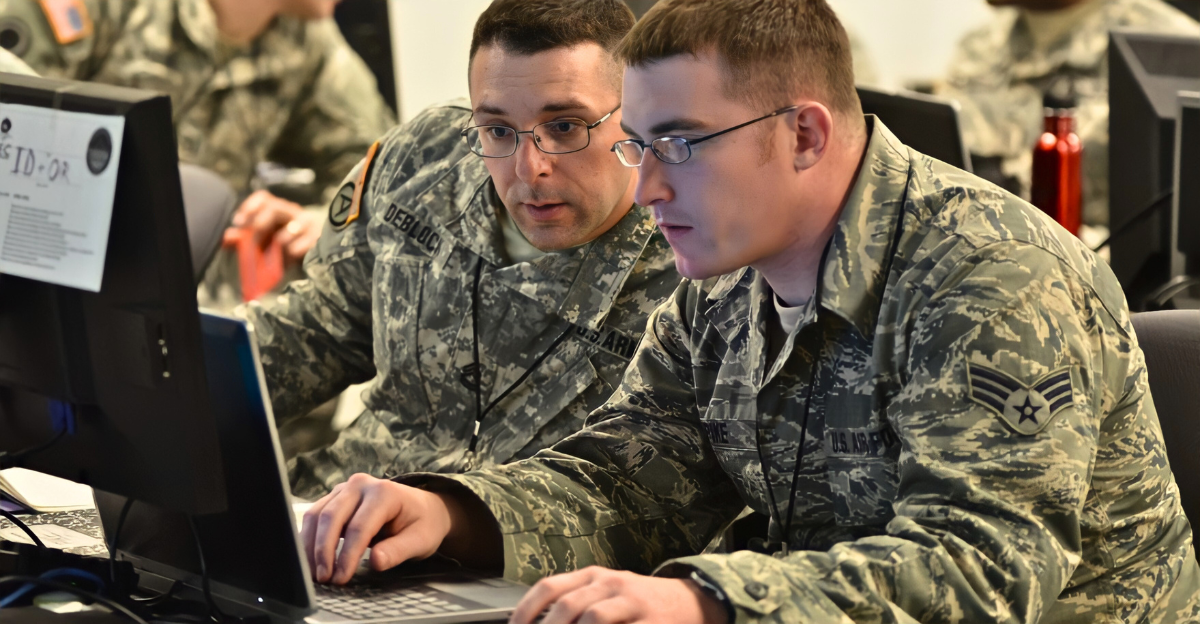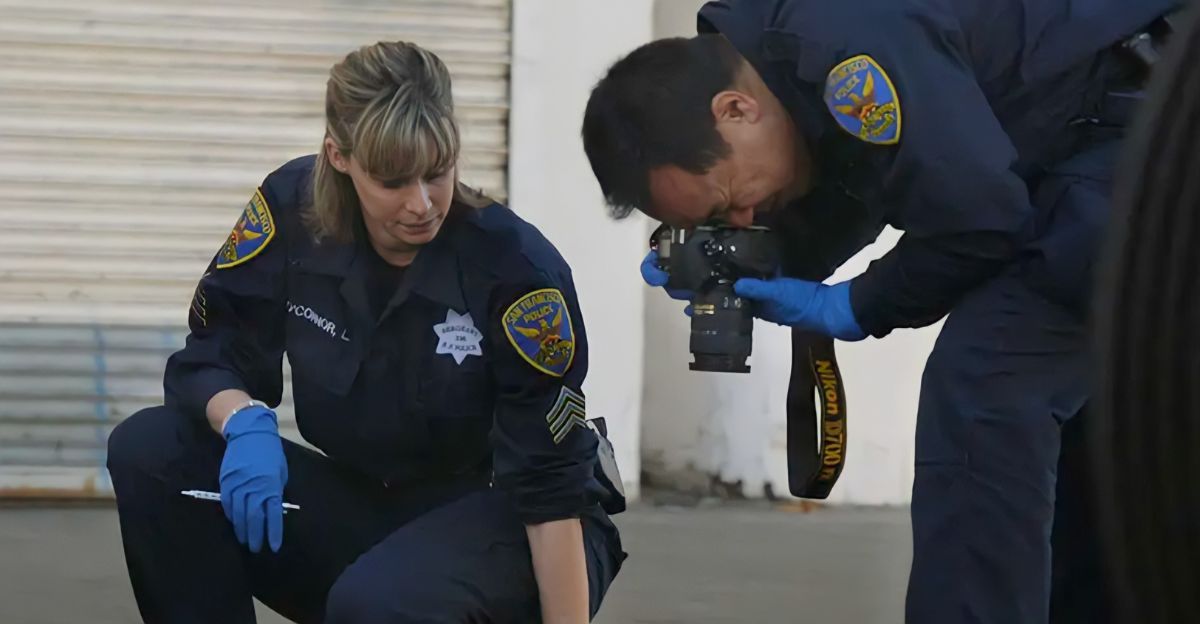
Two Chinese graduate students flew drones over the U.S. carrier USS Theodore Roosevelt in Busan, capturing 12 GB of images and videos.
Police say they made nine secret flights and shared footage on Chinese social media. South Korea has indicted them with charges that could result in life imprisonment for general espionage. The fallout is just beginning.
Who Are They: Students or Secret Agents?

Both suspects enrolled at a university in Busan in 2023. Police found Chinese Communist Party newsletters and contacts on one student’s phone. That student had been recognized as an “excellent Communist Party member” in 2021.
According to Korea JoongAng Daily, investigators believe the pair acted under Chinese intelligence guidance, raising fresh concerns about foreign student networks.
What Was in the 12 GB?

Authorities seized 172 photos and 22 videos, showing catapults, aircraft, and security routes. The files were automatically synced to a Chinese server right after filming.
This case shows how consumer drones can quickly become tools for spying. Next, learn how the law applies.
Breaking the Law with Serious Charges

South Korea’s Military Bases Act bans photos in protected zones. The Criminal Act punishes helping an enemy with life in prison.
Prosecutors say the drone data harms national security, turning the students’ actions from trespassing into wartime offenses. This is a legal minefield.
First Foreigners Charged This Way

No foreigners have been charged under this tough espionage law before. Experts call this a new boundary for spying on the U.S. military in South Korea.
Seoul’s move warns that spying by anyone aiding an enemy will meet harsh penalties.
So, how were they caught?
Caught by Digital Clues

A soldier spotted an unknown drone during a presidential visit, triggering an investigation. GPS, telecom, and social media data revealed nine past flights over a year.
The students thought their drone flights were invisible but left a digital trail.
Footage Spreads on Chinese Social Media

Videos appeared briefly on TikTok and Douyin with patriotic comments before moderators removed them. Intelligence officials warn every share spreads sensitive info further.
Social media now acts as a secret channel for spying information to spread. This is part of a bigger game.
The Big Power Play at Sea

The carrier was in Busan for joint drills to deter China’s navy. Beijing calls the drills “provocative,” while Washington calls them routine.
The drone spying fits into the ongoing shadow game between the U.S. and China in the region.
What does this mean for allies?
Tightening Security on Bases

U.S. military leaders plan stricter drone jamming and electronic silence during port visits. South Korean commanders increased patrols and restricted airspace near bases. These moves will raise security costs and slow down friendly visits.
What is China’s Response?

China’s Foreign Ministry made no official complaint but urged a fair process. This silence could mean they want to keep options open for later negotiations or prisoner swaps. The quiet response leaves room for diplomatic moves behind the scenes.
Meanwhile, campuses are under new watch.
Universities as Spy Hotspots

South Korea recorded 11 Chinese-linked filming cases in a year. Universities offer cover, research access, and visas that help espionage efforts, experts say. Intelligence agencies now teach campus staff about drone security and watch research ties more closely.
Harsh Prison Terms Loom

If convicted, the lead suspect faces life in prison; the other at least three years. Korean courts rarely soften sentences in national security cases. The harsh penalties send a clear message: spying near military sites carries serious consequences.
What About Their Families?

Families in China learned of arrests through viral messages but have had little contact. Visits are limited and bail is impossible for espionage. The emotional and financial strain is huge, with relatives facing online abuse and uncertainty.
What to Expect at Trial

The case is assigned to Criminal Division 5 of the Busan District Court, under Judge Kim Hyun-soon. As of 29 July 2025, a hearing date has not been set. Prosecutors will present all 12 GB of digital evidence: 172 photos, 22 videos, GPS logs, phone forensics, and CCTV covering nine illegal drone flights.
According to observers, a conviction could set a legal precedent and spark closer scrutiny of Chinese students. Beijing’s Foreign Ministry has only urged Seoul to “handle the case fairly,” without filing a formal protest or requesting deportation. Official policy shifts remain uncertain on both sides.
What This Case Means Worldwide

This case shows how technology, power struggles, and civilian life now mix in spying risks. Expect more drone rules, tighter export controls, and greater scrutiny of foreign researchers. The real lesson: every camera lens can be a weapon, and security needs to grow beyond just hardware.






